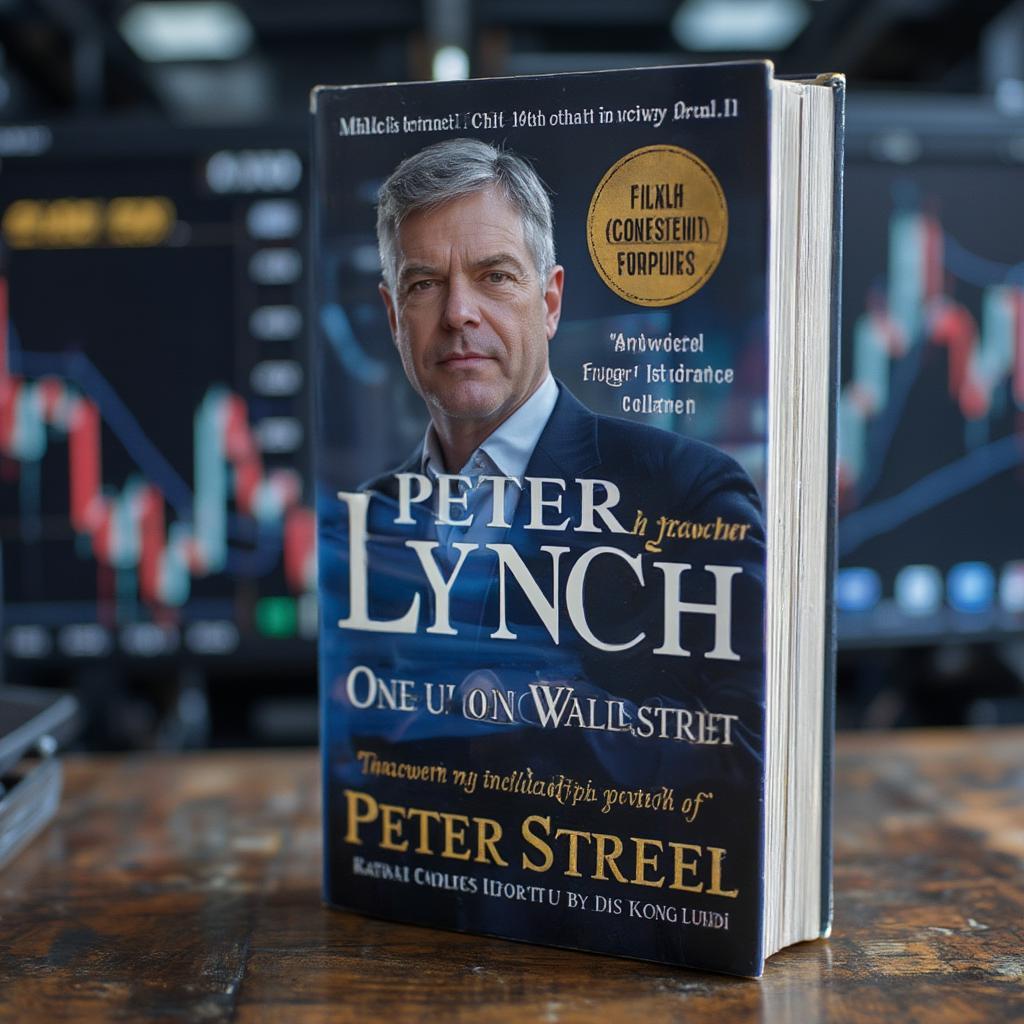Peter Lynch, a name synonymous with successful investing, carved a unique path in the world of finance. His approach, deeply rooted in understanding businesses and recognizing their potential, led to remarkable returns for investors and cemented his legacy as one of the greatest mutual fund managers of all time. Lynch’s tenure at Fidelity Magellan Fund, from 1977 to 1990, was marked by an average annual return of 29.2%, more than double the S&P 500’s performance during the same period. This extraordinary success wasn’t achieved through complex algorithms or insider trading, but through a philosophy of “invest in what you know.” He believed that everyday individuals, by paying attention to the companies they interact with regularly, could identify promising investments overlooked by Wall Street analysts.
Born in 1944, Lynch’s journey to financial stardom began early. He caddied at a prestigious golf club, gaining exposure to conversations about business and the stock market. This sparked his interest, and he used his earnings to purchase his first stock, Flying Tiger Airlines, which saw a tenfold return. This early success solidified his passion for investing and set the stage for a remarkable career. Lynch later earned a degree in finance from Boston College, followed by an MBA from the Wharton School of the University of Pennsylvania.
In 1969, Lynch joined Fidelity Investments as an intern, initially focusing on paper and metals industries. His dedication and insightful analysis quickly impressed his superiors, and he steadily climbed the ranks. His deep understanding of businesses and ability to identify undervalued companies proved to be invaluable. By 1977, he was appointed the manager of the Magellan Fund, which at the time held a modest $18 million in assets. Over the next thirteen years, Lynch’s leadership transformed the fund into a behemoth, reaching an astonishing $14 billion in assets under management.
His investment philosophy emphasized long-term growth, focusing on companies with strong fundamentals and a sustainable competitive advantage. Lynch famously advocated for “buying what you know,” encouraging investors to look for opportunities within their own sphere of experience. He believed that by observing consumer trends and understanding the businesses they patronize, individuals could gain valuable insights into potential investment opportunities that professional analysts often missed. This approach, coupled with rigorous research and a disciplined investment strategy, became the cornerstone of his success.
Lynch popularized several key investment principles. He stressed the importance of understanding a company’s earnings, cash flow, and debt levels. He cautioned against chasing hot stocks and advocated for holding investments for the long term, even during market downturns. He encouraged investors to look for companies with a low price-to-earnings ratio relative to their growth potential, a concept now widely used in investment analysis. He also emphasized the importance of diversification, spreading investments across different sectors and industries to mitigate risk.
 Peter Lynch's "One Up On Wall Street" Investment Principles
Peter Lynch's "One Up On Wall Street" Investment Principles
After retiring from Fidelity at the relatively young age of 46, Lynch remained actively involved in the investment community. He co-authored two best-selling books, “One Up On Wall Street” and “Beating the Street,” sharing his investment wisdom and strategies with a broader audience. These books, along with his numerous public appearances and interviews, solidified his status as a respected voice in the world of finance, inspiring countless individuals to become more engaged and informed investors.
Peter Lynch’s legacy extends beyond his remarkable investment performance. He demonstrated that successful investing wasn’t exclusive to Wall Street professionals. His accessible approach empowered everyday investors to take control of their financial futures, leaving a lasting impact on the investment landscape. He challenged conventional wisdom, demonstrating that a deep understanding of businesses, combined with patience and discipline, could lead to extraordinary results. His philosophy continues to resonate with investors of all levels, serving as a timeless guide to navigating the complexities of the stock market.


